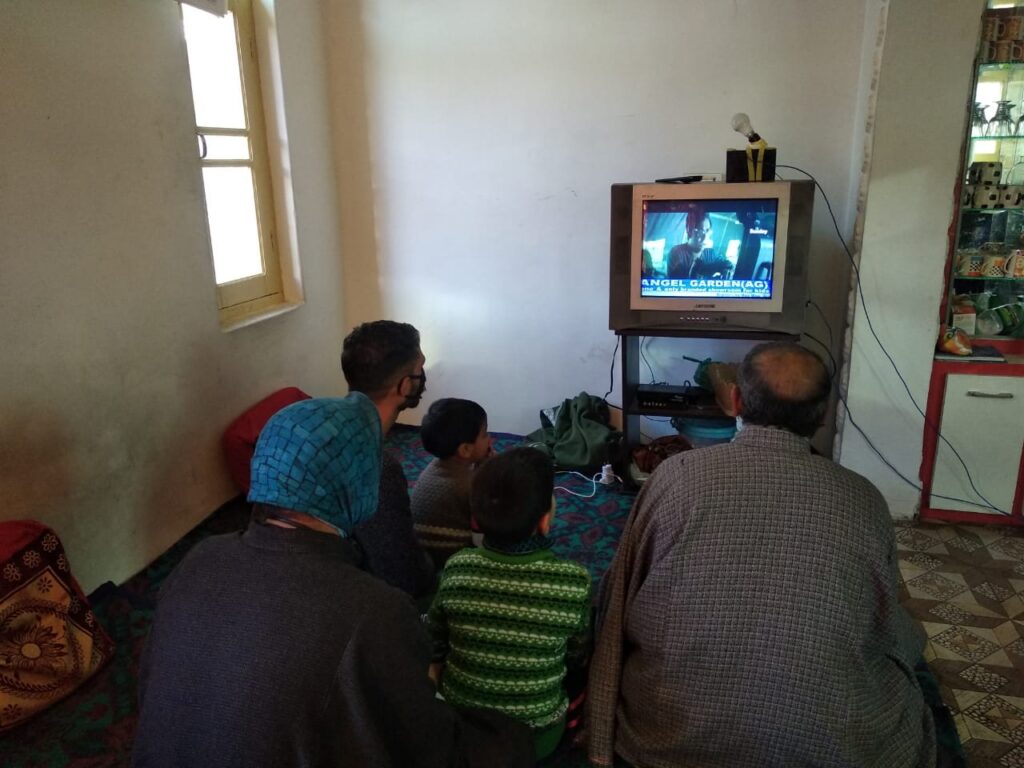Lack of contact, travel history amid spike in cases spur suspicion about transmission
Special Correspondent
As most COVID-19 patients in Indore, where 17 persons tested positive on Tuesday, have no contact or travel history, health workers are grappling to identify the source, indicating the most populous and largest city of Madhya Pradesh may already be witnessing the community transmission stage.
“We are not able to detect the source as such, because there is no person with international travel history who’s tested positive,” said Salil Sakalle, Professor, Community Medicine, Mahatma Gandhi Memorial Medical College, Indore, the only facility testing for the illness in west Madhya Pradesh.
Dr. Sakalle pointed out there were some patients with national travel history. “During travel, they probably might have come in contact [with those infected],” he said.
Indore bears the burden of 44 patients, most residents of congested localities, of the 66 cases in the State. In addition, three persons from the city have succumbed to COVID-19. Besides, eight cases in Jabalpur, six in Ujjain, four in Bhopal, and two each in Shivpuri and Gwalior have been registered.
According to the World Health Organisation (WHO), community transmission is evidenced by the inability to relate confirmed cases through chains of transmission for a large number of cases, or by increasing positive tests through sentinel samples.
“Coincidently almost all positive cases, including first ones, have come from congested areas, so probably they have done a lot of community transmission,” said Dr. Sakalle. Though pockets have been identified, that doesn’t spell a possible wiping out of the virus locally. “If we are able to contain it in certain pockets and cover all contacts, then maybe we can make it controlled. We have no way to control their [overall] number,” he added.
Aggressive testing in relation to other cities like Bhopal and Jabalpur has yielded more numbers too. Until March 30, the college had tested 261 samples since March 21. “Most cases in the first lot for Indore were those admitted to government and private hospital ICUs whose samples we took to test for acute severe respiratory illnesses when the testing for COVID-19 was restricted to only those with travel history abroad. When the ICMR revised the guidelines, we ran their samples for COVID-19 too, and many tested positive,” explained Dr. Sakalle.
Subsequently, those who had come into contact with these persons tested positive too. “Those who’re dying, are either elderly or have some comorbidities of diabetes or hypertension,” he said.
The city’s cosmopolitan culture, Indore being a transit corridor, the recent political instability in the State and residents not taking the lockdown seriously have all aggravated the outbreak of the illness in Indore, opines Anand Rai, part of the Indore COVID-19 response team.
“There are at least 80-90 flights to Indore per day. It’s the economic hub of Madhya Pradesh unlike Bhopal, and boasts a mix of cultures,” Dr. Rai explained.
The district administration has pulled out all stops, rolling out an odd-even road rationing scheme from March 28 and drawing containment areas within a 3 km radius around the houses of patients. where traffic is prohibited and all residents quarantined. In a spiralling trend, four persons tested positive on Saturday, while seven did on Sunday .
“Still, those staying in clusters, due to low literacy levels refuse to abide by the lockdown as the illness is an invisible enemy,” said Dr. Rai. “There will be 300-400 positive cases in the coming days,” he predicted.
Moreover, Madhya Pradesh was currently combating the disease ‘half-heartedly’ in the absence of a Health or Home Minister in the fledgling BJP government, he asserted, adding that the recent transfers of district Collectors of Indore, Bhopal and Jabalpur had ruffled the administrative machinery.
In addition, the city buttressed a culture of cohesion and commingling which might re,sult in pushing up the numbers, said Ajay Sodani, Professor at an Indore-based college, who has been following the spurt closely. “People think like a community here. Sadly on the janta curfew day, scores of people came out on the streets together to clang thalis and beat drums.”
Furthermore, he said, government officials at times were sending out a wrong message. “They are encouraging people to cover faces with cloth masks. However, it has to be a triple-layer surgical or an N95 mask. These disappeared from the market long ago. The WHO has said that those made of cotton should not be worn in any condition.”
